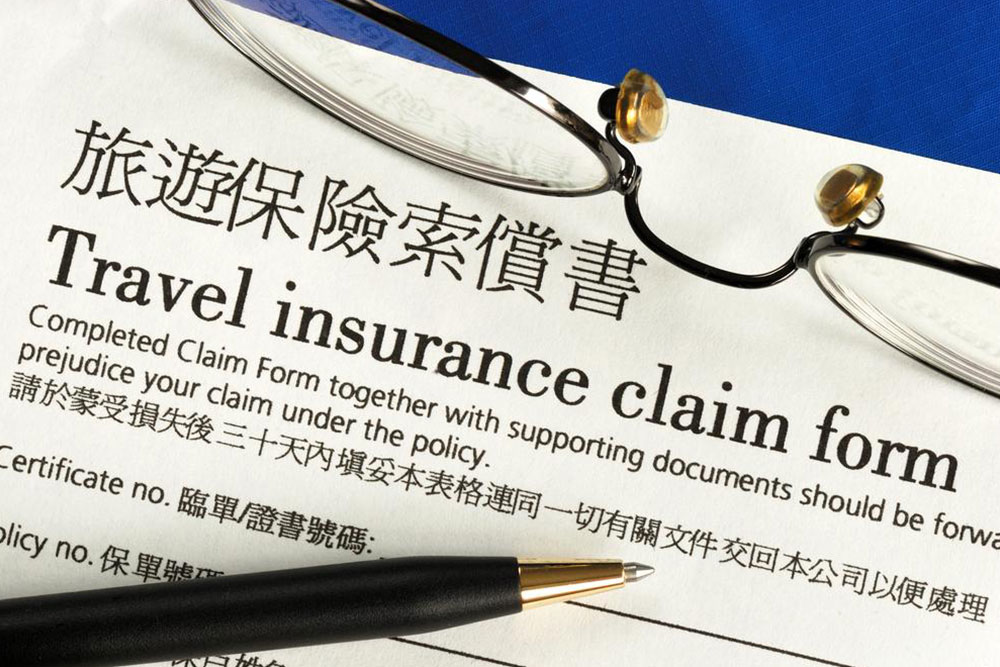Essential Guide to Travel Health Insurance: Uses, Types, and Key Considerations
This comprehensive guide covers travel health insurance essentials, including its importance, types, coverage options, and key considerations for travelers, especially seniors. Learn how to select the right policy to ensure healthcare access and financial protection abroad, along with common exclusions and extras available for added security. Equip yourself with the knowledge needed to make informed decisions for safe and stress-free travel.

Modern insurance plans extend beyond basic life coverage, offering tailored solutions for different age groups and needs. Senior travelers, in particular, should consider health insurance during trips, as health risks increase with age. Travel can pose unforeseen emergencies, making medical coverage vital for peace of mind. Understanding typical costs, coverage options, and policy specifics helps travelers select the most appropriate plan. Many countries require travel health insurance to safeguard travelers and reduce financial liability. Emergency medical expenses abroad can be costly, so especially for the elderly, specialized coverage is strongly recommended.
Why Travel Health Insurance Is Crucial
Mandatory in numerous destinations, travel health insurance minimizes financial risks by ensuring access to prompt healthcare. It guarantees treatment without excessive out-of-pocket expenses, safeguarding savings. Older travelers, especially those over 60, should prioritize such policies to cover unexpected medical needs during international travel.
Types of Travel Health Coverage
Various insurance plans cater to specific requirements, including domestic, international, single-trip, and multi-trip options. International plans cover global healthcare expenses, while domestic policies apply within the home country. Frequent travelers may prefer multi-trip coverage, valid over a specific period, for convenience and cost-efficiency. Premiums tend to be higher for older individuals, reflecting increased risk.
Main Coverages in Travel Medical Plans
Coverage for personal accidents and illnesses
Protection against permanent disability from accidents
Access to healthcare assistance helplines
Care coordination during treatment abroad
Emergency treatments, hospitalizations, injuries, and illnesses
Important Factors When Choosing a Policy
Evacuation Services: For travelers over 60, comprehensive evacuation coverage is vital to handle emergencies like illness or injury requiring urgent transportation.
Dental Emergency Coverage: Dental issues such as infections, trauma, or broken teeth may occur unexpectedly. For seniors or those with pre-existing dental conditions, policies offering dental coverage are recommended.
Hospitalization & Emergency Services: Extended trips should include hospitalization benefits and emergency services like ambulance transport, in-patient treatment, or diagnostic procedures.
Additional Benefits
Hijack distress allowance: Provides financial support and assistance in rare cases of hijacking.
Compassionate visit: Covers travel and accommodation expenses for a loved one when hospitalization occurs abroad, especially during emergencies.
Travelers must disclose pre-existing conditions, including ongoing treatments and health history, to ensure adequate coverage. Choosing a policy aligned with individual health needs and coverage limits is crucial.
Exclusions & Limitations of Travel Medical Insurance
Time frame: Coverage begins when travel starts and terminates upon completion of the trip. Post-trip health issues are typically not covered.
Pre-existing conditions: Many policies exclude or surcharge for pre-existing conditions such as diabetes, hypertension, or arthritis, and may not cover mental health issues.
Pregnancy-related issues: Most policies do not cover pregnancy complications or childbirth. Special plans or extra coverage may be necessary for expecting travelers.
Adventure sports: Injuries during activities like mountaineering, diving, or rafting often aren’t covered under standard policies. Purchasing specific activity coverage is advised, though premiums can be higher.










